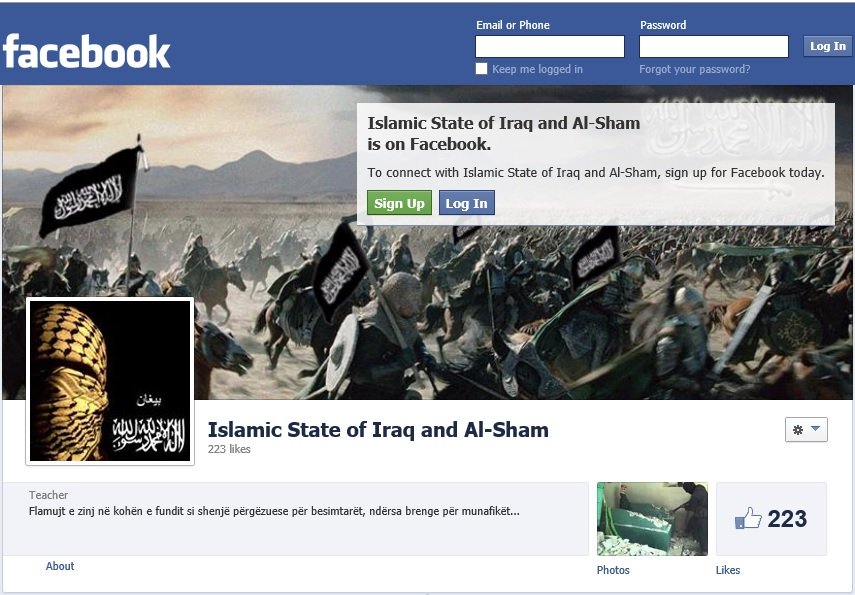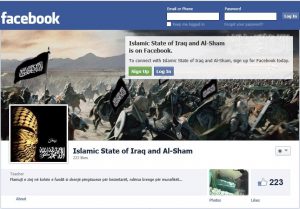ISIS and the Internet

ISIS, ISIL, IS, Daesh. Whatever you call the jihadist extremist group, there is no mistaking its growing power and capabilities. On November 13th, 2015, the world watched as a group that President Obama had referred to as a “JV team” just last year carried out a massive, coordinated attack in Paris, France that killed 130 people. New Yorkers, in particular, saw the attacks in Paris as an all too familiar reminder of the post-September 1tth threat of terrorism. As America reels from decades long engagements fighting groups like Al Queda and the Taliban, a new organization has emerged that threatens to be the most destructive terrorist orginization in history. Most striking of all is that the deadliest weapon ISIS has in its arsenal is not guns and explosives, but rather the internet.
What makes ISIS different from its predecessor Al Queda is its use of the recently developed medium of social media for recruitment purposes. The group, whose goal is the establishment of a single Islamic state for all Muslims, has made recruiting young adults and children for their cause a primary goal. Websites like Facebook and Twitter allow radical Jihadist to spread their message among these younger demographics and recruit new members from around the world. The presence of terrorist propaganda on the Internet came into public focus most recently when authorities confirmed earlier this month that Tashfeen Malik, one of the two assailants in the recent mass shooting in San Bernardino, California, that killed 14 people, had written a Facebook post praising the Islamic group shortly before the attack. ISIS itself has gone so far to even develop its own Twitter app that sends tweets via thousands of so-called “puppet accounts” of members who have signed up for the app. This not only allows the group to send propaganda to a multitude of people, but it also makes it harder for Twitter to suspend ISIS from its site. ISIS has also participated in the “hijacking” of hashtags by using unrelated trending content to spread its message.
 Many websites have implemented software that automatically detects user content that promotes violence. Facebook has even placed an outright ban on posts that praise terrorist organizations. The internet’s best solution to the ISIS problem may come ironically in the form of a criminal activity: hacking. The hacking collective Anonymous has ramped up efforts against the Islamic state since the Paris attacks, and has vowed to “wipe ISIS off the internet.” The group, which had previously been at odds with the federal government after staging hacks targeting U.S. agencies, seems to now be its greatest ally in the fight against the terrorist group.
Many websites have implemented software that automatically detects user content that promotes violence. Facebook has even placed an outright ban on posts that praise terrorist organizations. The internet’s best solution to the ISIS problem may come ironically in the form of a criminal activity: hacking. The hacking collective Anonymous has ramped up efforts against the Islamic state since the Paris attacks, and has vowed to “wipe ISIS off the internet.” The group, which had previously been at odds with the federal government after staging hacks targeting U.S. agencies, seems to now be its greatest ally in the fight against the terrorist group.
So much of modern American life is centered around the Internet. We use it for, among other things, information, communication, and entertainment. As is the case with all technology, the positive applications oftentimes come with negative drawbacks. Although ISIS has utilized new forms of technology like social media to spread its message of evil, so too have the good hearted people of the world who have used the Internet to unite in support of each other in the fight against terror. On Instagram alone, 70 million people from 220 different countries used the hashtag “#prayforparis” to show support for the victims. Let this be an inspiring note, that even from the most destructive aspects of mankind, we can find the triumphant resurgence and strength of the human spirit.





